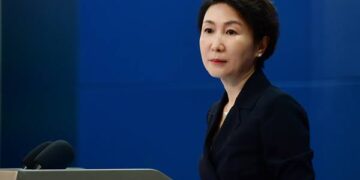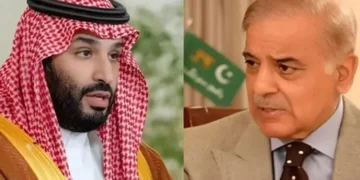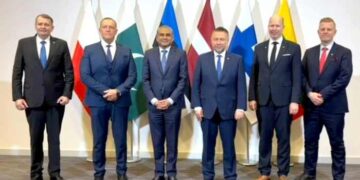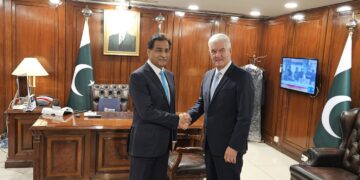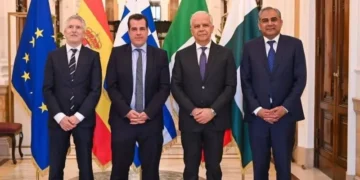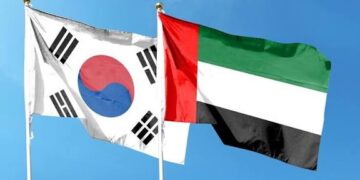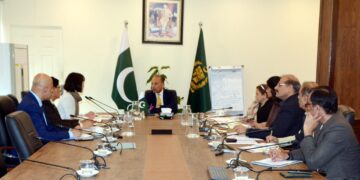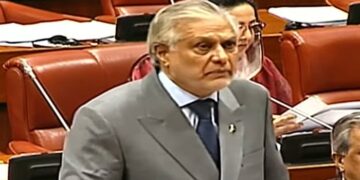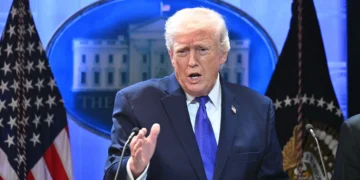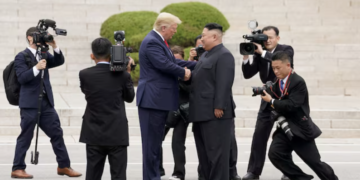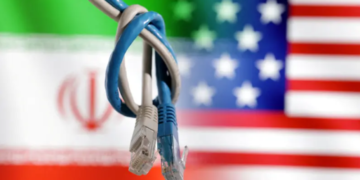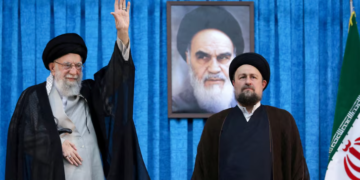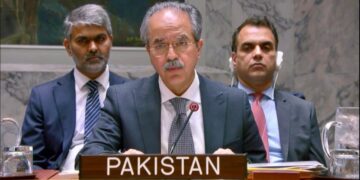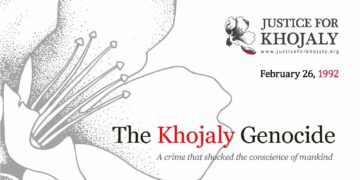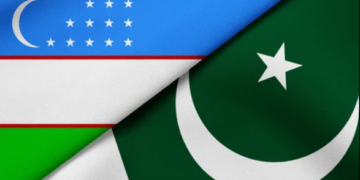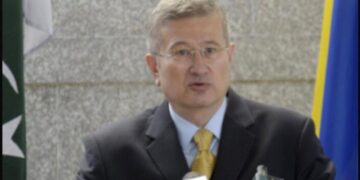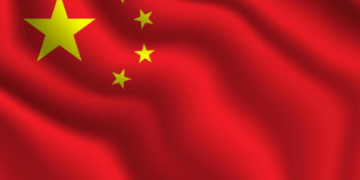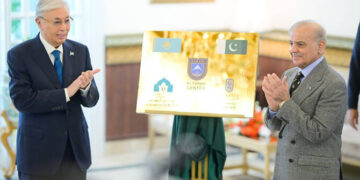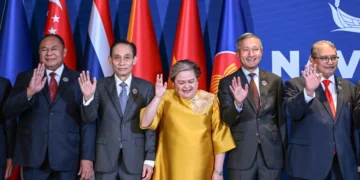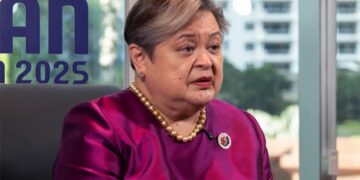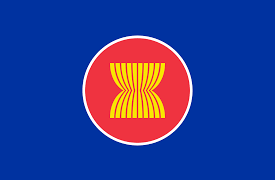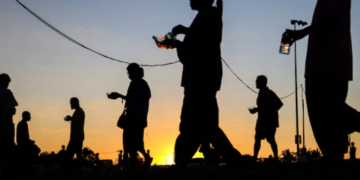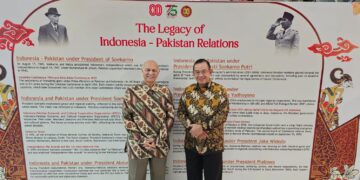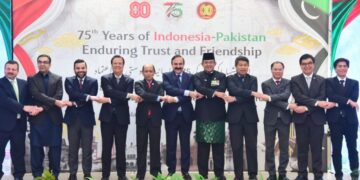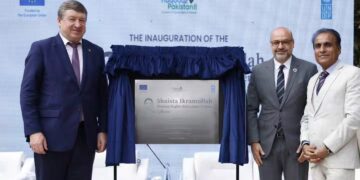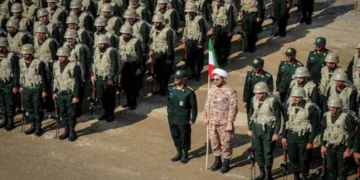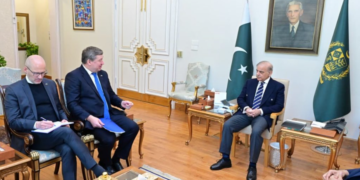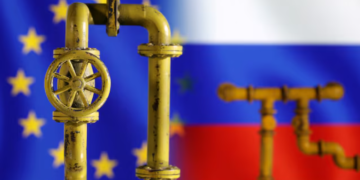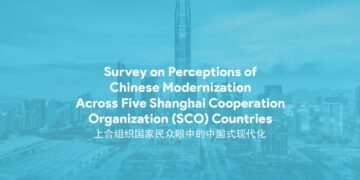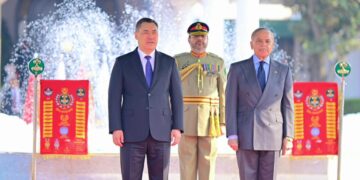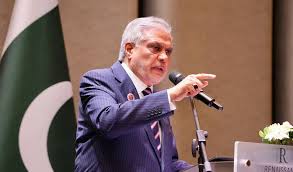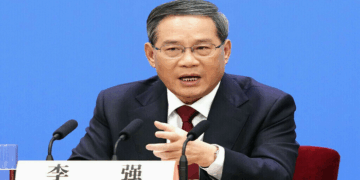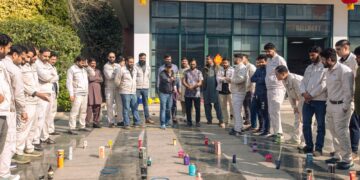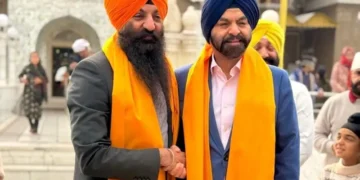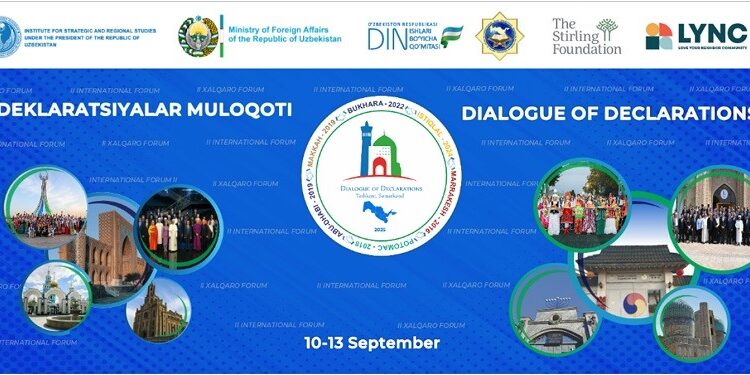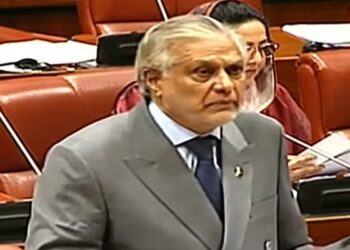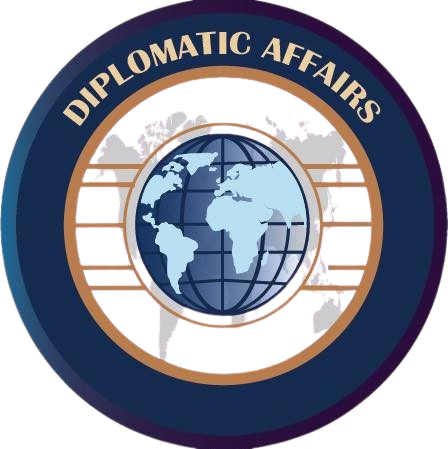TASHKENT/SAMARKAND; Uzbekistan is positioning itself as a global advocate of peace, tolerance, and interfaith harmony while continuing its sweeping reforms under the leadership of President Shavkat Mirziyoyev.
The country, which has entered a new stage of national development, has implemented the “Uzbekistan – 2030” Strategy, aimed at strengthening democracy, boosting socio-economic growth, and safeguarding citizens’ welfare. The reforms also emphasize respect for religious diversity and intercultural dialogue.
At the international level, Uzbekistan has earned recognition for its initiatives promoting religious tolerance. In 2017, President Mirziyoyev proposed at the UN General Assembly a framework on “Enlightenment and Religious Tolerance,” which was adopted unanimously the following year. The resolution highlighted education as a tool to counter extremism and global intolerance.
Building on this, Uzbekistan launched the international forum “Dialogue of Declarations” in 2022, resulting in the “Bukhara Declaration,” which complemented earlier global efforts to strengthen interfaith cooperation.
This week, from 10–13 September, the second edition of the forum is being held in Tashkent and Samarkand, bringing together representatives from numerous countries to discuss freedom of religion and interfaith harmony.
Officials say Uzbekistan now has more than 2,300 registered religious organizations, including Islamic and non-Islamic groups, with the right to freely practice their faith. Over recent years, several new mosques, churches, and educational institutions have been established, including the Center of Islamic Civilization and international research centers dedicated to Imam Bukhari, Imam Termizi, and other historic figures.
Uzbekistan has also facilitated pilgrimages abroad for its citizens, with nearly half a million performing Hajj and Umrah and thousands visiting sacred sites worldwide. The state has supported celebrations of Islamic as well as Christian, Armenian Apostolic, and Baháʼí anniversaries, underscoring its commitment to inclusivity.
Experts note that while many regions face restrictions on religious freedom, Uzbekistan has become an example of coexistence, where more than 130 nationalities and 16 confessions live peacefully.
The upcoming forum in Samarkand is being viewed as further proof of Uzbekistan’s global role in promoting dialogue, tolerance, and stability, while reinforcing its domestic reforms.
Davronbek Maksudov, First Deputy Chairman of Uzbekistan’s Committee on Religious Affairs, said the consistent policies of President Mirziyoyev are not only ensuring peace and stability within the country but are also contributing to global efforts for interfaith harmony.

